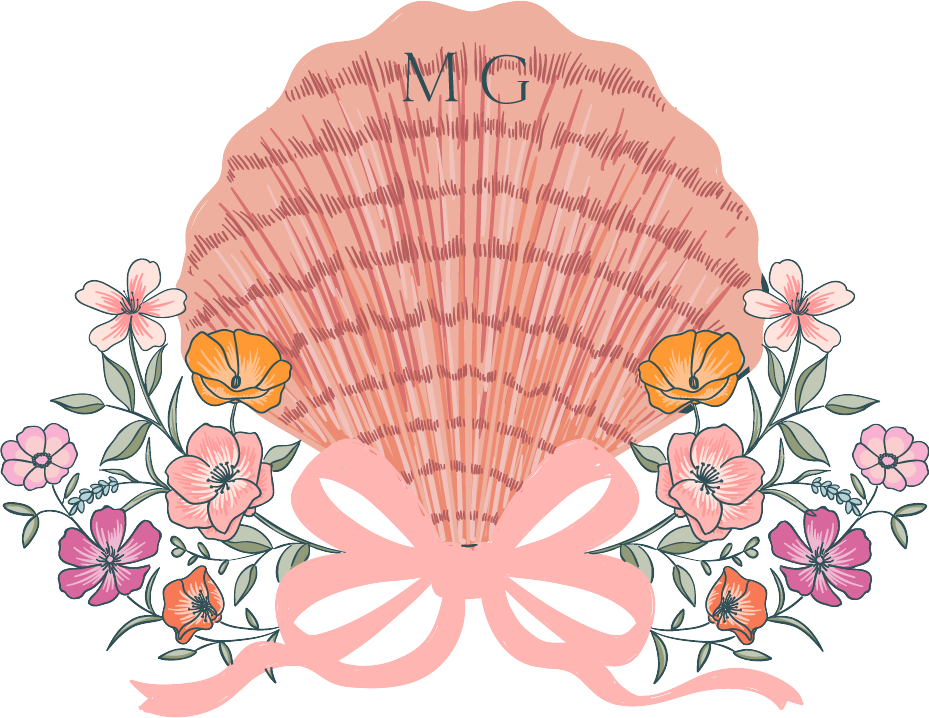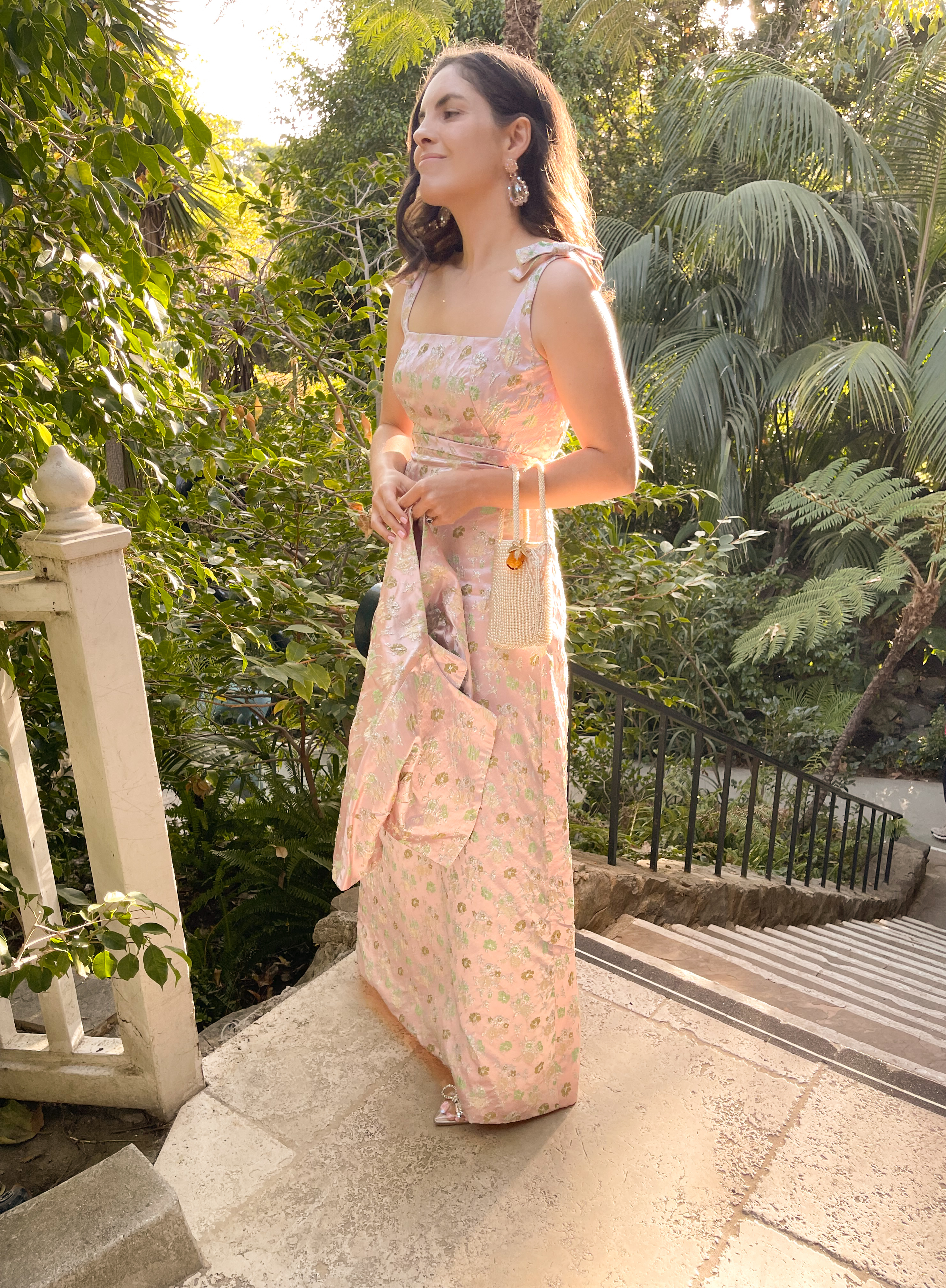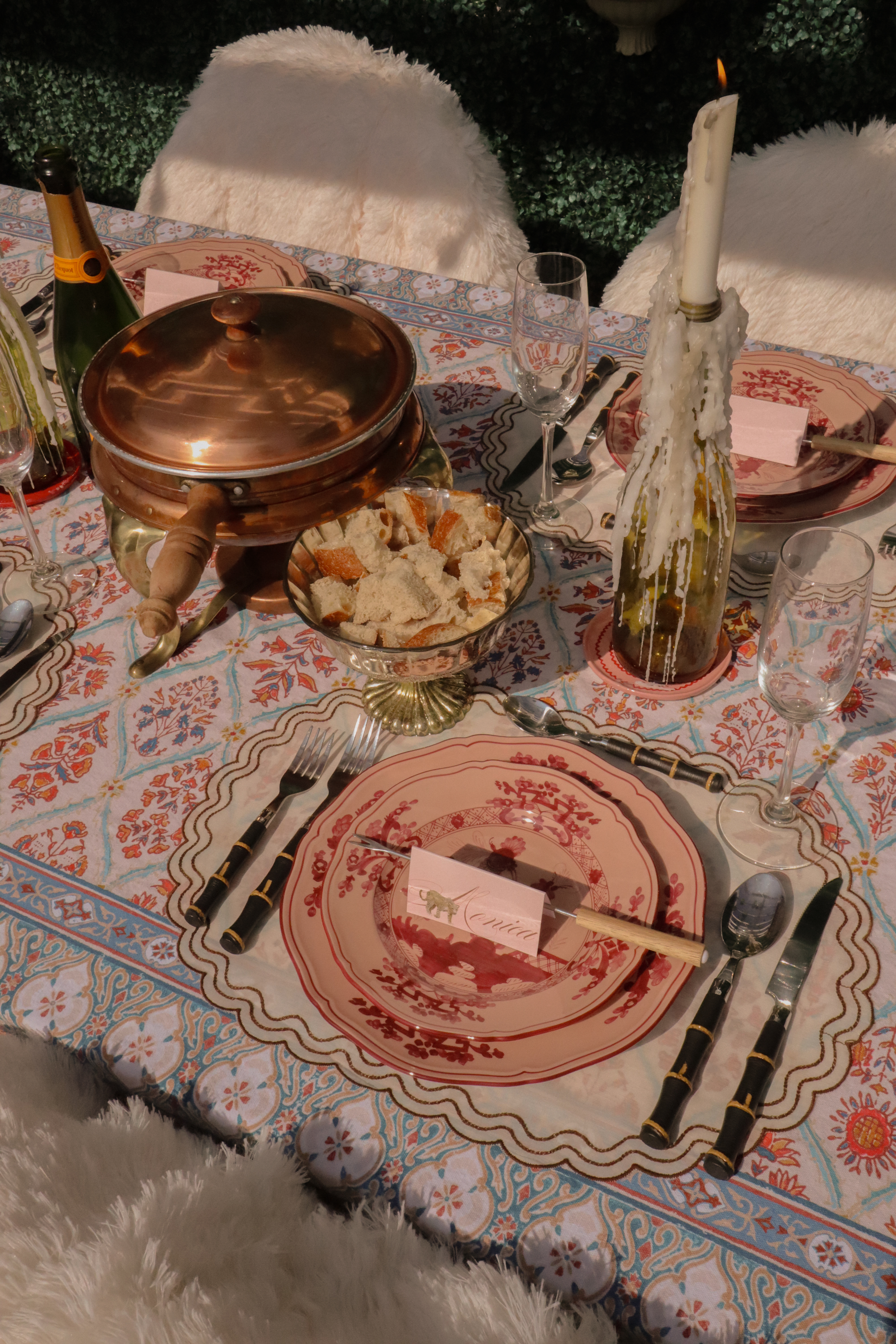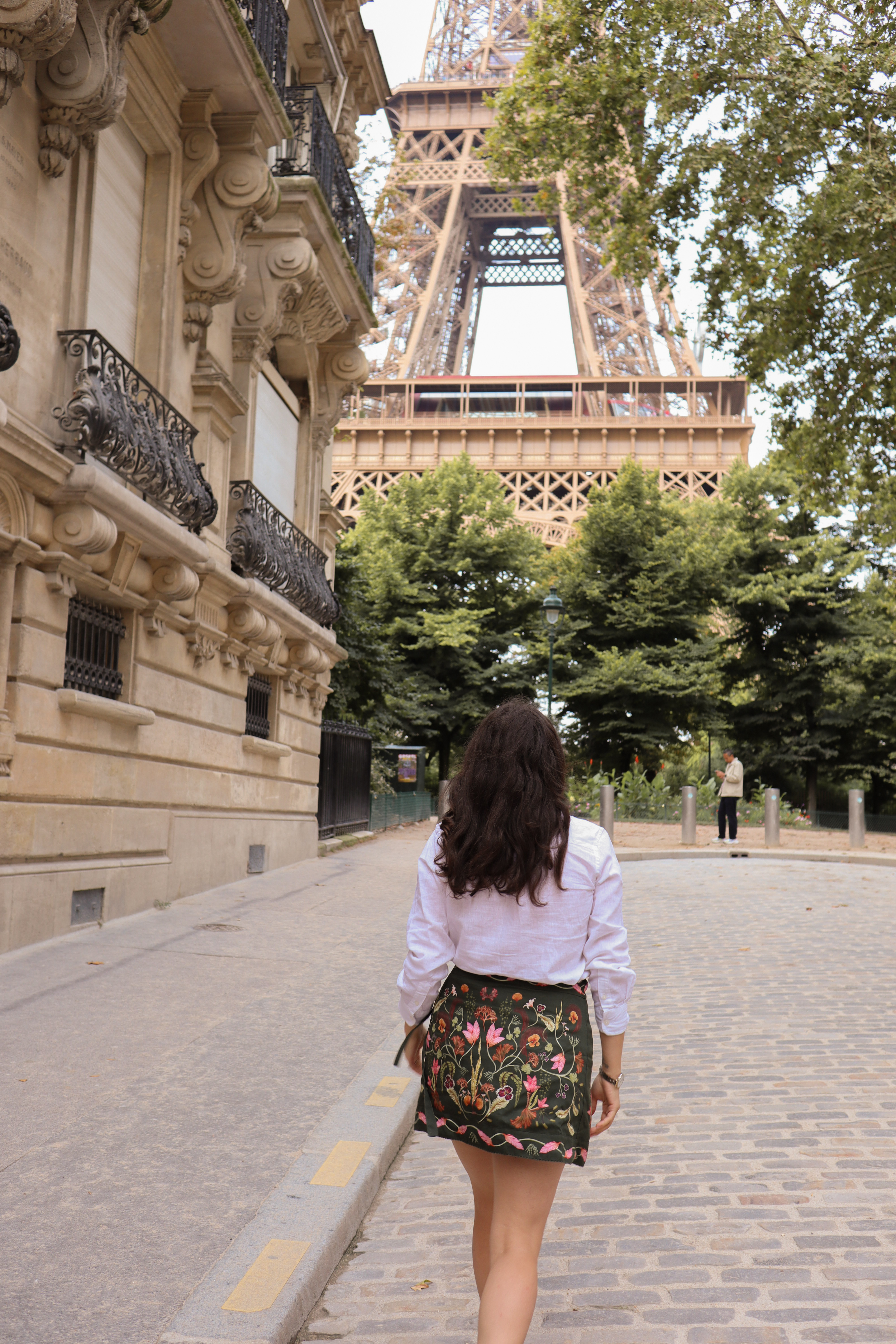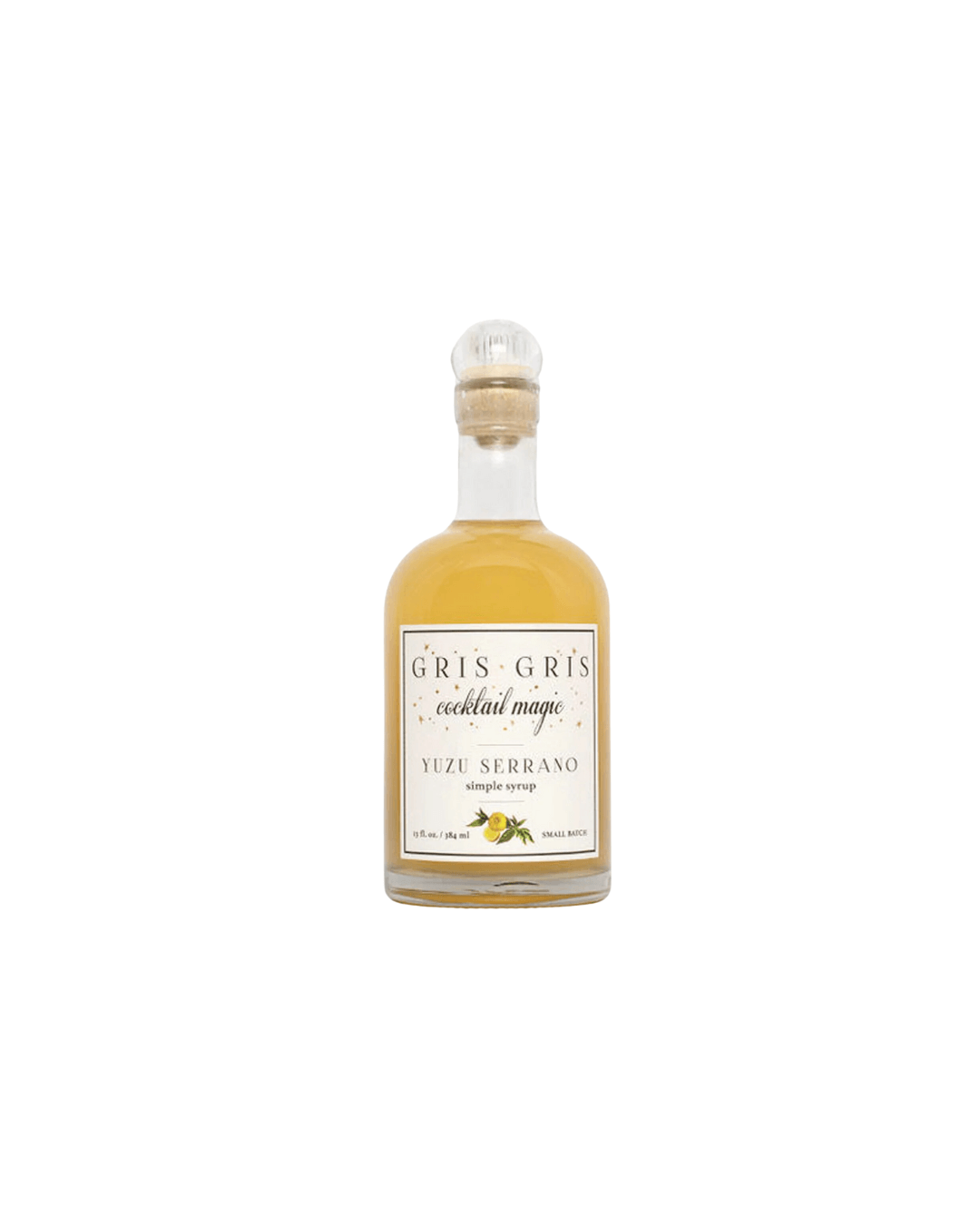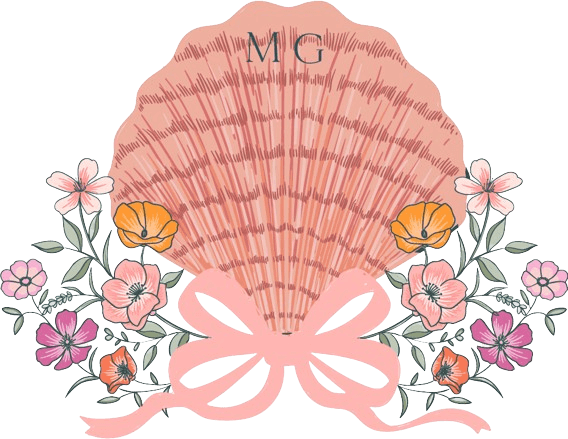Traveling through Charleston was as beautiful and charming as it felt heavy and wrought with my own unresolved feelings about our nation’s history. So much of what I loved about my visit had major ties to the contributors of West African and Caribbean culture- the music, the cuisine, the landscape, the architectural details, the lemongrass baskets I couldn’t stop swooning over. When we pulled into the Magnolia Plantation and toured the slave grounds I felt a smidge of what life must have been like to be so far away from home, or to call something home because it’s all I ever knew without having any real ownership or rights to. To be somewhere where you aren’t free. I know that despite the incredible horror and hardship slaves endured, there was a large amount of real spirit, an inner connected source of strength amongst a group of people that had no choice but to overcome suffering. I think that is something that all Americans can relate to in coming to terms with the narratives that got us here, despite the differences in how we all experienced our shared history. Even those of us not directly related to slaves or slave owners, have been impacted in some way or another by these tragedies. I also know that despite slavery being abolished, the impact of having kidnapped, abused and exploited a people didn’t just end there. No matter where in the country we are the impact is often pretty clear, we still have severely immobilized many African Americans and Black citizens with the continued impact of Jim Crow laws and now extremely disproportionate incarceration rates. Economic and educational opportunities have certainly improved over time, but at a much slower rate than most other groups.
So as a I walk through the places where so much history happened, I can’t help but feel some of the weight of what it means for myself as an American. I will always believe in the power of progress and I believe we have certainly made so much already. What I would like to see more of is just simply an acknowledgement of what has transpired, the ability to recognize the systems of power that have both caused and resolved a lot of the world’s traumas. By walking through these streets I felt a weird sense of balance, seeing that there was acknowledgment and thoughtfulness about where we were and how we arrived there. I felt pride in knowing I was also one of those people, someone who walks through the world not pretending to know everything, because I don’t, but as someone who acknowledges the truth. Someone who’s curious and cares about knowing. They say ignorance is bliss but I think authenticity is everything. How else would I be able to sit here on this porch, enjoying the sweet drinks, kind people, beautiful homes, slow pace, without acknowledging the suffering that came before, and probably still exists in some form or another. After all, what are we made of if not our stories?

